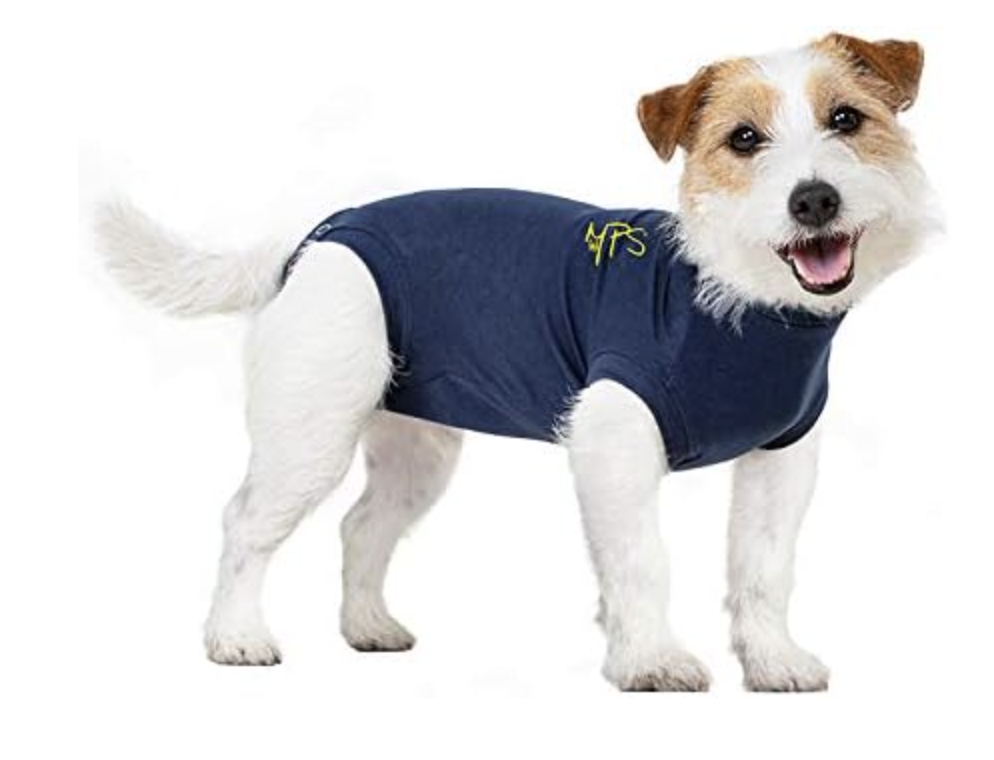Why Do We Spay and Neuter Our Pets?
GLVH
Definitions and overview:
Spay – or ovariohysterectomy, is the surgical removal of the ovaries and uterus from our female dogs and cats
Neuter – or castration, is the surgical removal of the testicles from our male dogs and cats
Spaying and neutering are common procedures performed in Canada veterinary medicine. Below I will chat about the reasons why we often want to do these surgeries and why it may be worth the inherent risk that exists with putting any patient under general anesthesia and performing a surgery on them.
Reasons to sterilize our pets:
Reduce dog and cat populations
- One of the main reasons to spay and neuter here in Canada
- Overpopulation of cats and dogs can cause spread of disease, increase numbers of animals in shelters or the need to euthanize when they cannot be cared for
Reduction of tumours and other medical issues
- This is a good reason to consider spaying or neutering your pet, and something your veterinarian may discuss with you
- Female dogs and cats are at increased risk of mammary, ovarian and uterine cancers that can be fatal, as well as pyometra, which is infection within the uterus and is also a dangerous condition for a pet to have
- Any uncastrated male is at risk of testicular and prostate cancers, as well as other diseases of the prostate, such as enlargement, infection, cysts or abscess
It may eliminate side effects of remaining intact
- Female dogs when in heat will have a bloody discharge from the vulva
- Female cats go in and out of heat frequently, and can be quite loud and disruptive during this time
- Males and sometimes females may begin to mark territory with urine in the home
- There could be more aggressive behaviour, especially in intact males
- Intact animals may be more likely to wander off and can increase their risk of accidents or trauma
Is there risk for doing these surgeries?
There is always inherent risk when it comes to anesthesia and surgery. The most common risks we see are hypovolemia (loss of blood pressure), hypothermia (low temperature), and infection of the surgical site. Other risks include hemorrhage, aspiration of stomach contents into the lungs, sepsis, and death.
That being said, veterinarians and veterinary technicians take the utmost care and precautions when having your pet undergo a surgical procedure. Often pre-anesthetic bloodwork is recommended to ensure the dog or cat has adequate parameters to handle anesthesia, the choice of sedatives and anesthetics are choosen for the individual patient and not a generalized protocol at our hospital to ensure the safest protocols are used, close monitoring the entire time from sedation to the hours following your pet waking up, and having safety protocols readily available in case they are ever needed.
Knowing the risks, but also understanding what we do to reduce and mitigate those risks, is important as an informed owner of a pet that is undergoing a spay, neuter or other procedure with sedation or general anesthesia. Your vet or vet tech would be happy to answer any questions you might have regarding surgery and anesthesia in our companion animals!
Do I have to spay or neuter my dog or cat?
No, of course not! It is up to you, along with your family and veterinarian to determine whether spaying or neutering your dog or cat is the right decision. This can be based on how you feel about disease risk versus risk of the anesthesia and surgical procedure itself, whether you are ok working and living with an intact male or female pet, if breeding your dog or cat is something you have seriously thought of, as well as individual preferences and patient health.
Any veterinarian will be happy to discuss the pros and cons with you, and provide their expertise if you need clarification or help coming to a decision on whether to spay or neuter your fur baby.
Soak up the sun while you can!
Dr. Hillary


